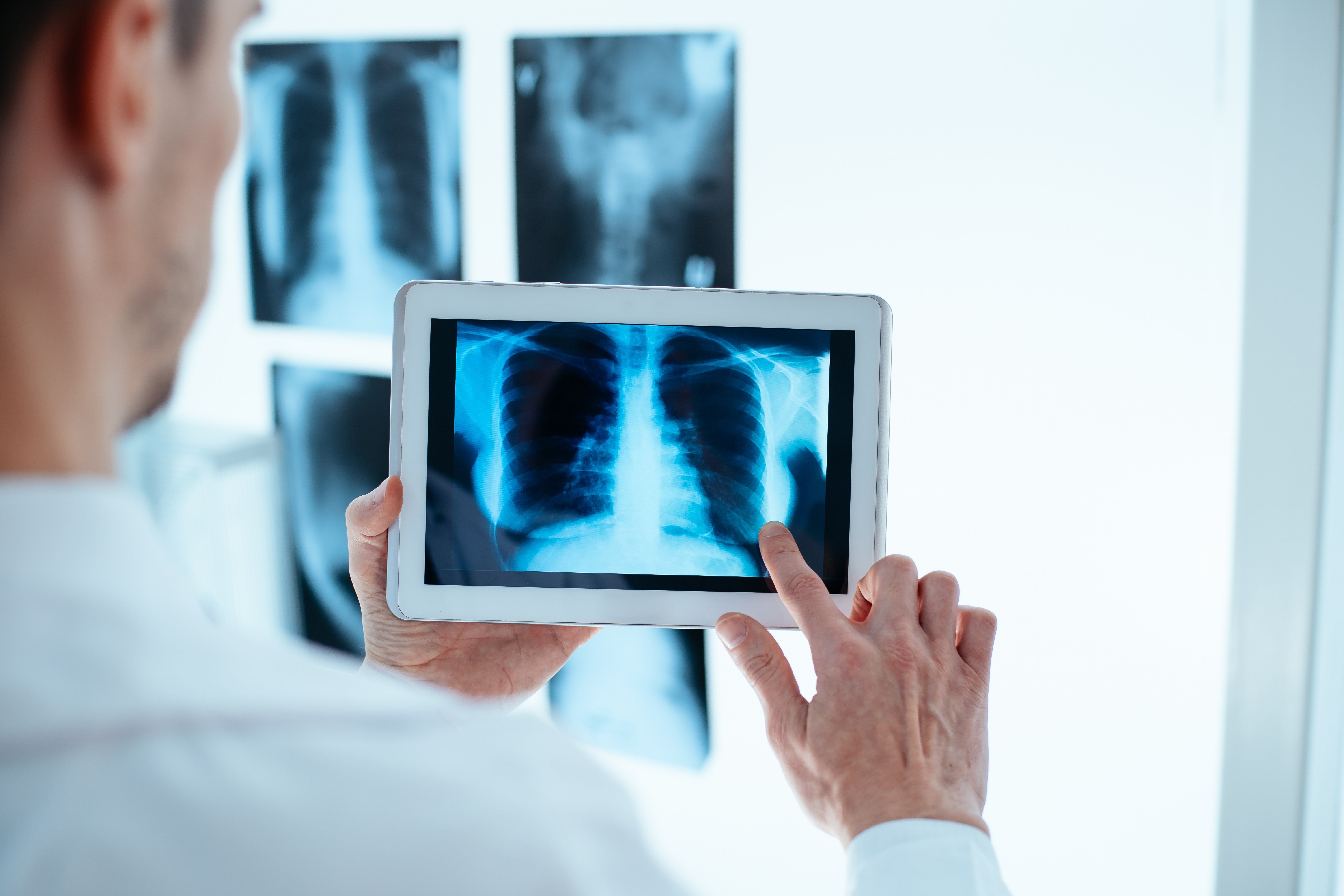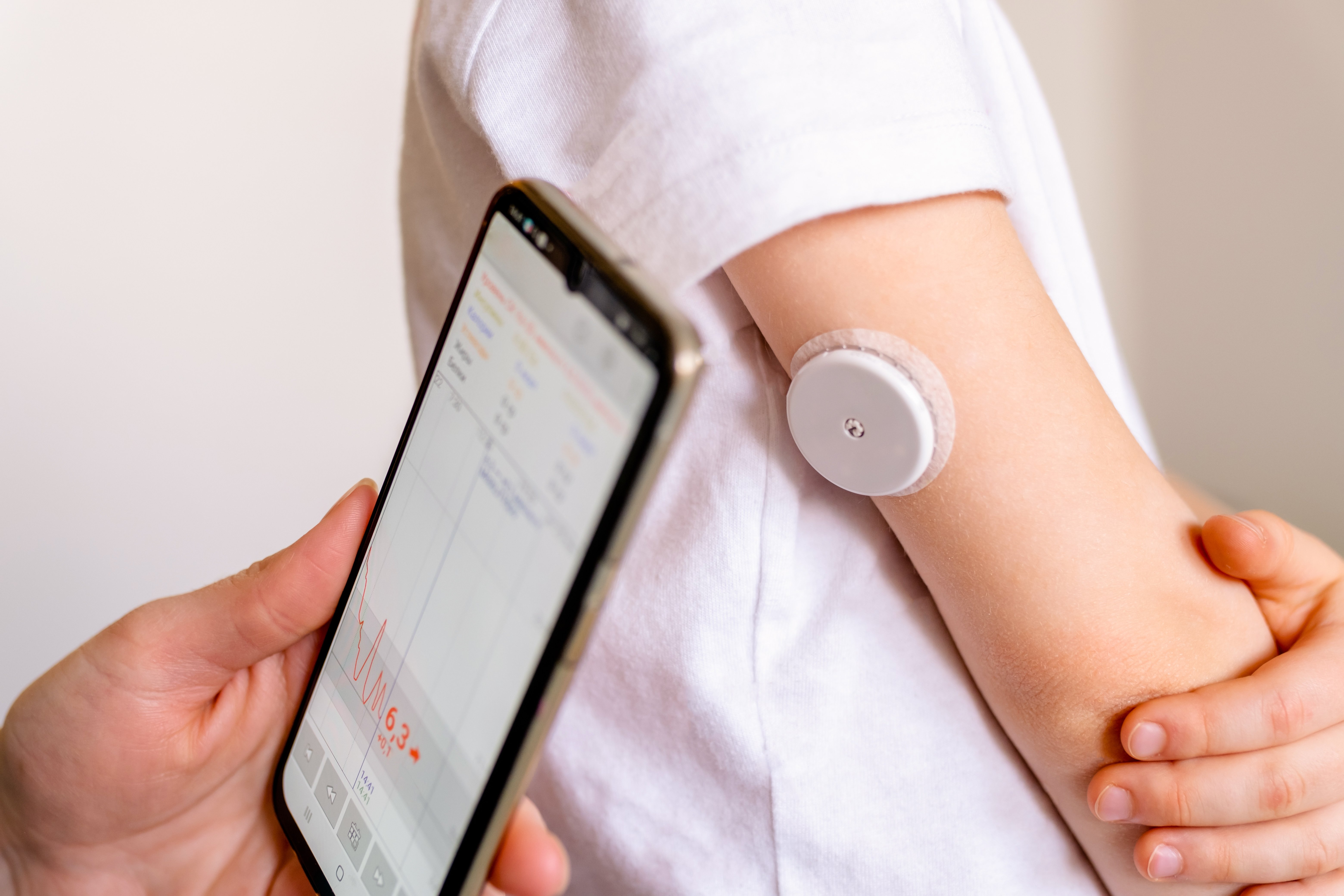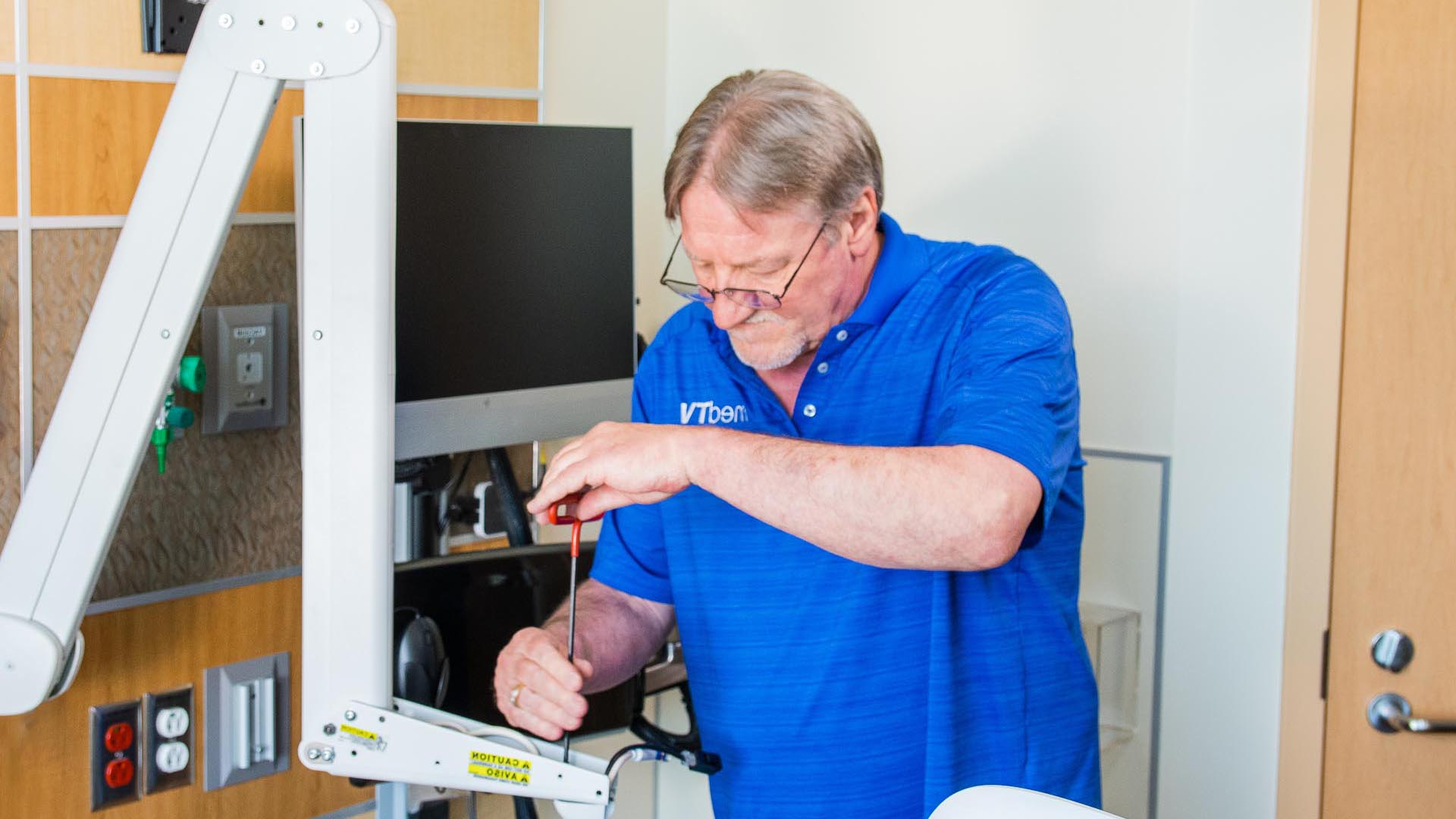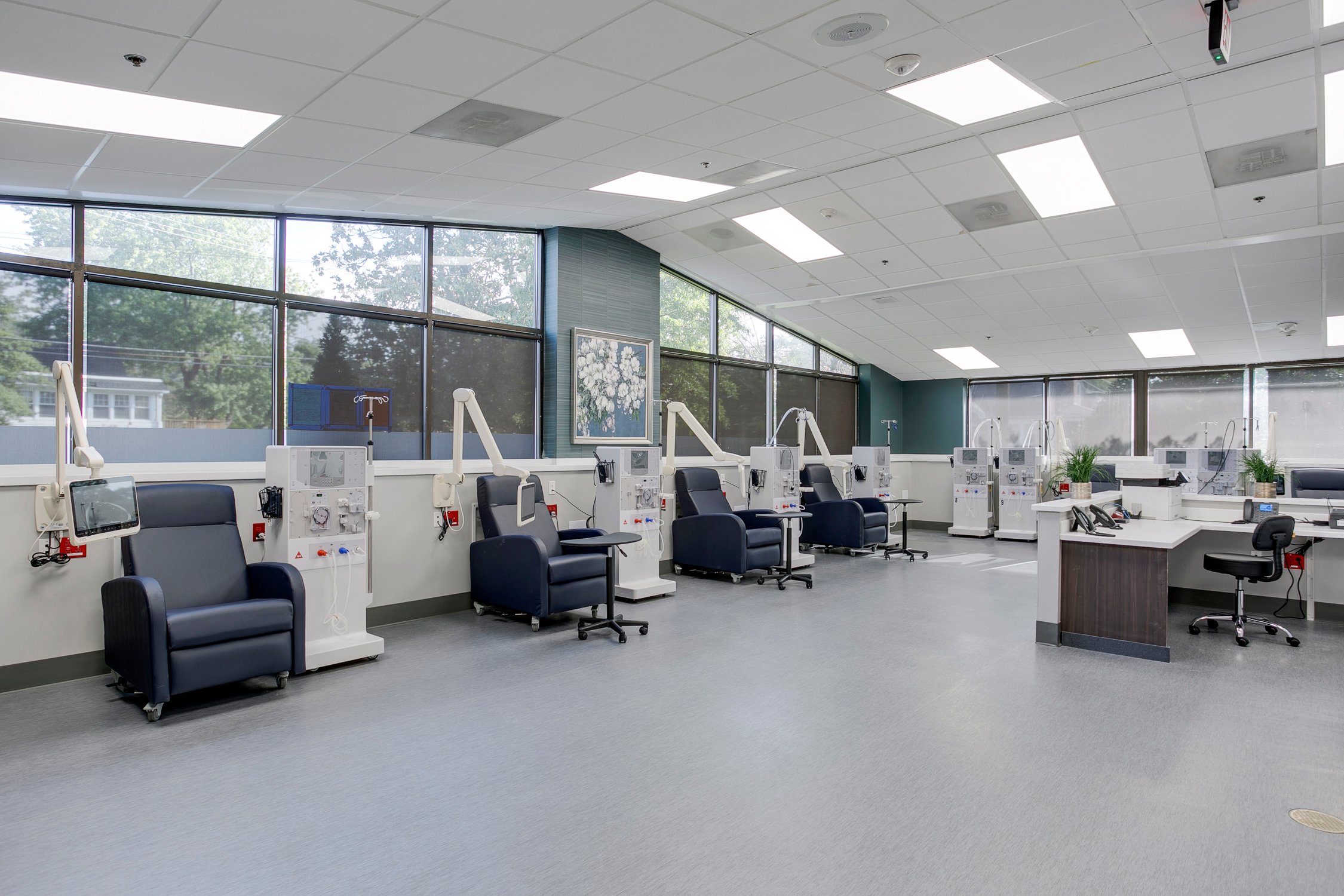5 Things to Help Plan Your Patient Television Installation
Last Updated: August 9, 2024 by Cat Saettel Are you wondering what TV equipment to buy, how to safely install and control televisions for patient...

In recent years, the applications of artificial intelligence have surged, revolutionizing various industries to be more efficient and effective, and healthcare is no exception. With healthcare generating and relying on billions of data points daily, the opportunities for AI are vast. This technology represents a significant shift in how medical professionals diagnose, treat, and manage patient care, yet, this is just the beginning. The future of AI holds even more promise, with significant advancements expected within the next five years.
Despite the promising outlook, there are key considerations to take into account. Skepticism and caution still surround the use of AI and the potential risks it could pose to patients. A Pew Research Study revealed that 60% of Americans would be uncomfortable with a healthcare provider relying on AI in their healthcare, and 57% say it could worsen the patient-provider relationship.
Interestingly, at the same time, 40% of Americans believe AI could help reduce medical errors, and 51% think it could eliminate racial and ethnic bias. Other critical aspects to consider include its integration into the hospital ecosystem, monitoring its safety and usage, and how frontline staff and clinicians will interact with these technologies.
The landscape of AI in healthcare is nuanced, with both advantages and disadvantages. While it's crucial to weigh these factors, it’s important to recognize that AI is still in its infancy. Perceptions will likely change as these technologies advance and become more regulated, accessible, and equitable.
Here are five ways AI is currently being utilized in healthcare.

One of AI's most significant applications lies in its ability to analyze medical images like X-rays, CT scans, and MRIs. Hospitals generate around 3.6 billion medical images annually, surpassing the human brain’s processing abilities. While a radiologist may take between 2-8 hours to interpret a standard X-ray, AI can quickly process vast datasets at the point of care, assisting in image prioritization.
Because AI can store, access, and compare millions of images at once, it’s able to recognize various disease presentations and detect abnormalities that might be overlooked by the human eye. It also extracts valuable insights from datasets, assisting in identifying patterns or areas of concern. This helps radiologists improve accuracy and give earlier diagnoses, leading to better patient outcomes.

2. Remote Patient Monitoring
The rise of wearable devices, like smartwatches and continuous glucose meters, along with virtual nursing platforms, has enabled widespread remote patient monitoring. AI algorithms analyze and transmit real-time data from these devices—such as heart rate, blood pressure, glucose levels, activity, and sleep patterns—to healthcare providers. This continuous monitoring provides a holistic view of a patient’s health, alerting the care team promptly if any issues arise.
This proactive approach prevents complications, reduces unnecessary hospital visits, and optimizes both patient and staff time.

3. Clinical Documentation
Healthcare professionals often spend a significant amount of time on tasks such as writing clinical notes, treatment plans, appointment summaries, and more. This consumes valuable time that could otherwise be dedicated to practicing medicine and direct patient care. AI can help streamline these tasks, reducing workload and burnout. AI programs can record and transcribe doctor-patient interactions, creating clinical summaries in electronic health records. This enables clinicians to be more attentive and engaged during patient conversations.
Moreover, generative AI tools like ChatGPT can simplify clinical notes and summaries, making them more understandable for patients by eliminating medical jargon. Many patients struggle with complex discharge notes due to limited reading skills or health literacy. Artificial intelligence can adjust the readability of these summaries, ensuring better patient understanding.

4. Drug Discovery and Development
Bringing a new drug to market involves extensive time, resources, and research. It's estimated that developing a drug takes over eight years and costs more than $2 billion, with a high likelihood of failure, as only one in ten candidates typically gain regulatory approval.
AI systems are accelerating drug discovery and development processes. Machine learning models can analyze vast datasets, including genetic information, chemical properties, and clinical trial results, to efficiently identify potential drug candidates. These candidates can then be tested in a simulation environment, reducing the need for extensive lab work. By predicting drug efficacy and potential side effects, AI assists researchers in prioritizing promising compounds, leading to faster and more cost-effective drug development.

5. Personalized Care
Personalization plays a crucial role in healthcare as it makes patients feel valued and understood, fostering trust and collaboration with healthcare providers and improving health outcomes.
AI contributes significantly to enhancing personalized care by customizing treatment plans based on individual factors like genetic makeup, lifestyle, environment, and medical history. AI achieves this by analyzing patient data to anticipate disease risks, suggest targeted therapies, and optimize medication doses. Leveraging AI-driven predictive analytics allows healthcare providers to deliver more precise and effective interventions.
Although the future of AI remains uncertain, one thing is clear: it will accomplish remarkable feats that were once only imagined. Given the current capabilities of AI, it's clear that it will only continue to transform the way healthcare is practiced.

Last Updated: August 9, 2024 by Cat Saettel Are you wondering what TV equipment to buy, how to safely install and control televisions for patient...

NOTE: This blog was last updated on Oct 11, 2024. When shopping for entertainment solutions for patients, hospital and healthcare providers want to...

Space is a commodity in patient areas. When designing patient areas in healthcare facilities, thoughtful consideration must be made for space...